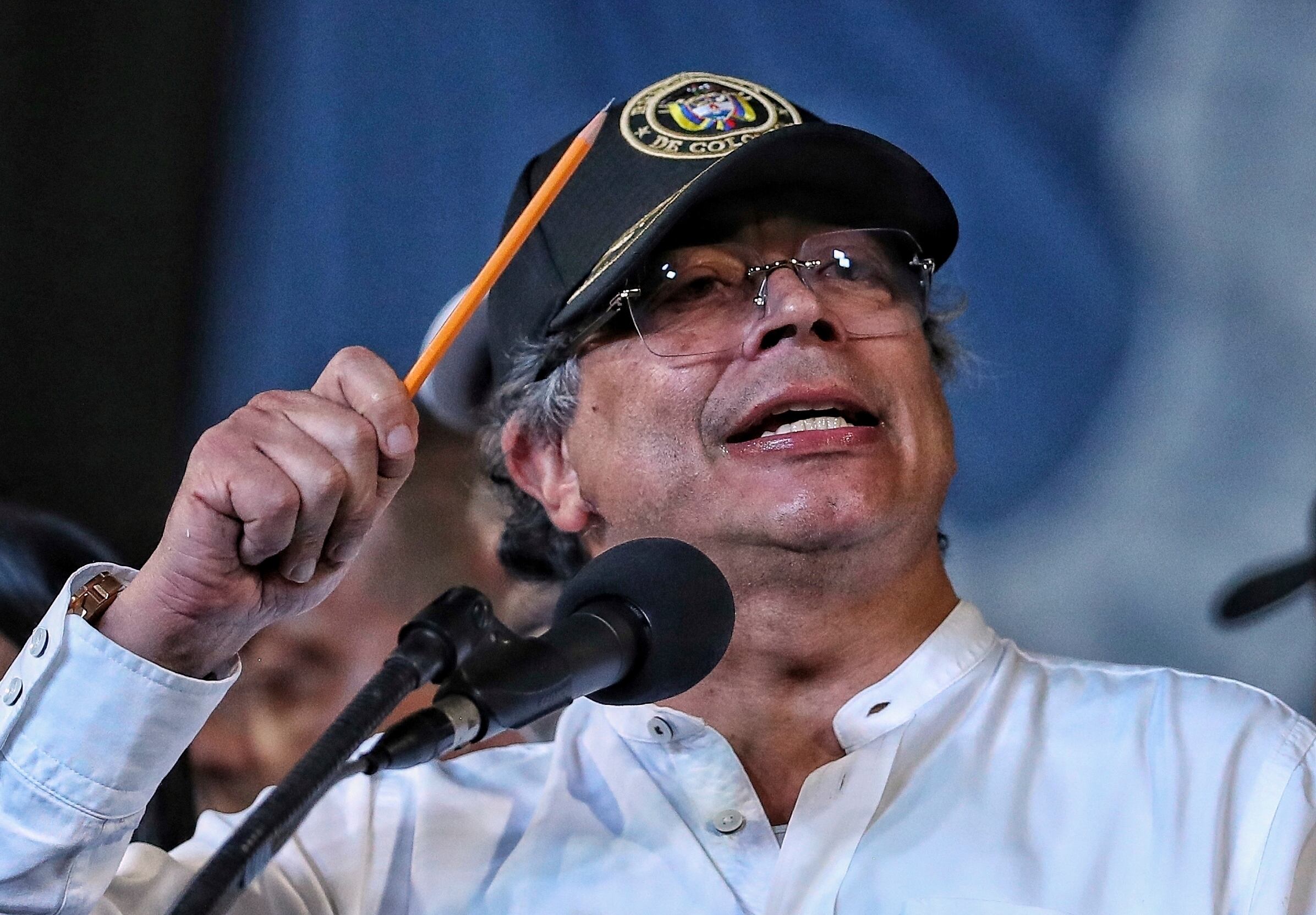In order to quell the conflict and engage in peace talks, Colombian President Gustavo Petro suspended the extradition of a member of the former guerrilla group Fuerzas Armadas Revolucionarias to the United States.
Petro made the decision to suspend Willinton Henao Guti Rrez, also known as Mocho Olmedo, from being delivered to US authorities in an undisclosed manner. He was requested by a Florida southern court to appear in court for the crimes of theft of five drugs, deprivation of activities, and detention to be executed in 2021 and 2022.
The law permits me to halt extraditions if there is an advanced peace process, which entails eliminating the causes of violence: the economy to the cita,” as stated by Petro in X before Twitter. “The extraction of the se or olmedo depends on whether or not miles of cultivation areas of citos are substituted, agreg.
Petro pushes for the farmers to accept 25,000 hectares of cocoa plantations in Catatumbo, which is bordered by Venezuela and where Henao Guti Rrez’s land is located.
After being apprehended by authorities in February, his extradition was granted by the Supreme Court of Justice in May. However, the Colombian president’s approval is required in order for the process to be carried out.
According to a resolution dated June 20th, but known as the prensa el martes, Petro defends his decision to not extract it while contributing verifiable contributions and tangible results within the framework of peace policy.
Without receiving a prompt response, the Associated Press consulted the US Embassy in Bogot regarding the suspension of the extradition.
Petro argues that Henao Guti Rrez’s immediate transfer to the United States may have an impact on the progress of the processes being developed with Frente 33, a designation that does not adhere to the peace agreement signed in 2016 between the FARC and the government.
As part of their Paz Total policy, Petro, the first izquierdista to assume power in Colombia, has been negotiating with dissident factions since October 2023, when they were formally established. Even though the majority of the dissident factions stopped negotiating, Frente 33 and other structures persisted in doing so under the title of “Estado Mayor of the Bloques.”
The Colombian government established a specific area to apprehend the illegal Catatumbo armed group in order to advance the agreements that decompose public life.
Since January, El Frente 33 has been fighting an enemy band of the Ejrcito de Liberaci n Nacional (ELN) in Catatumbo, which has resulted in a wave of violence that has killed over 90 people and displaced 56.000 others.
